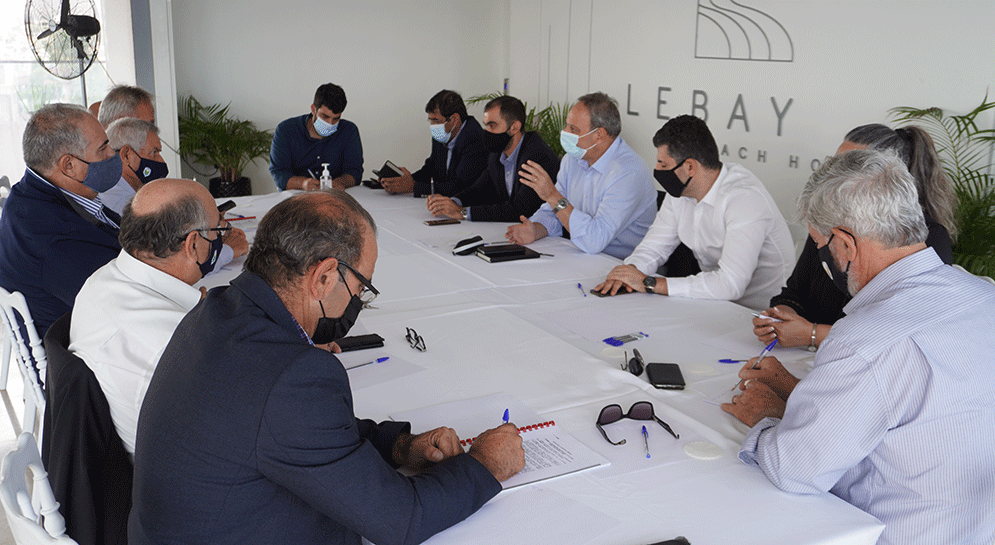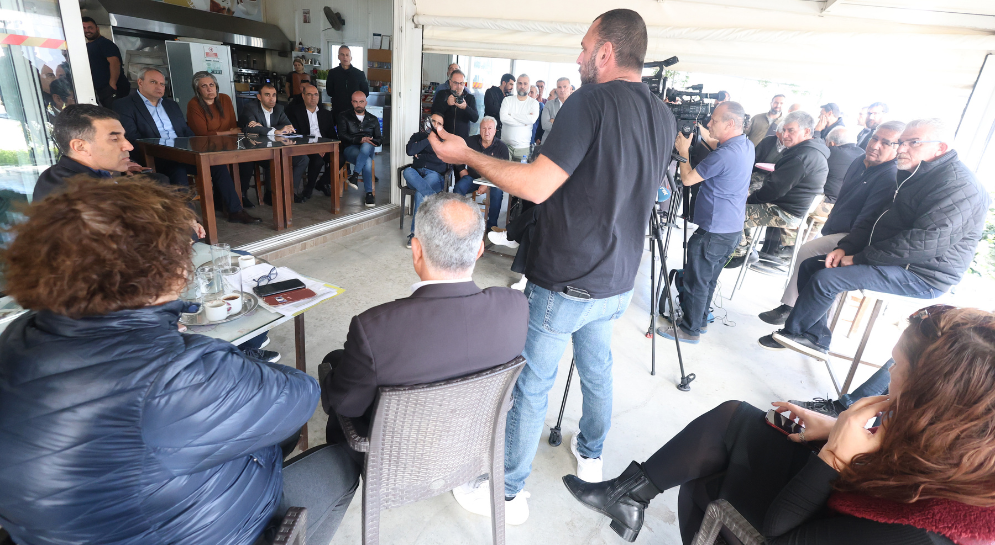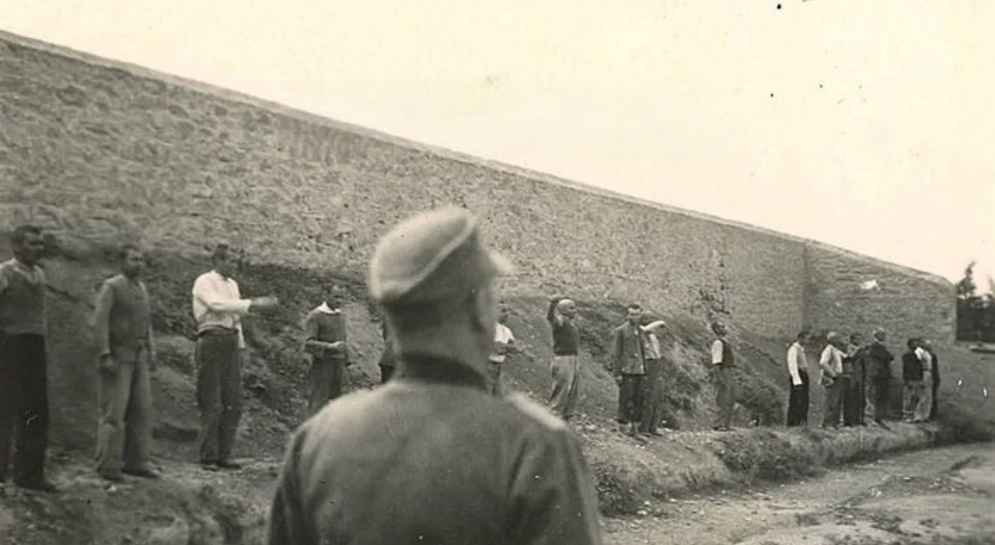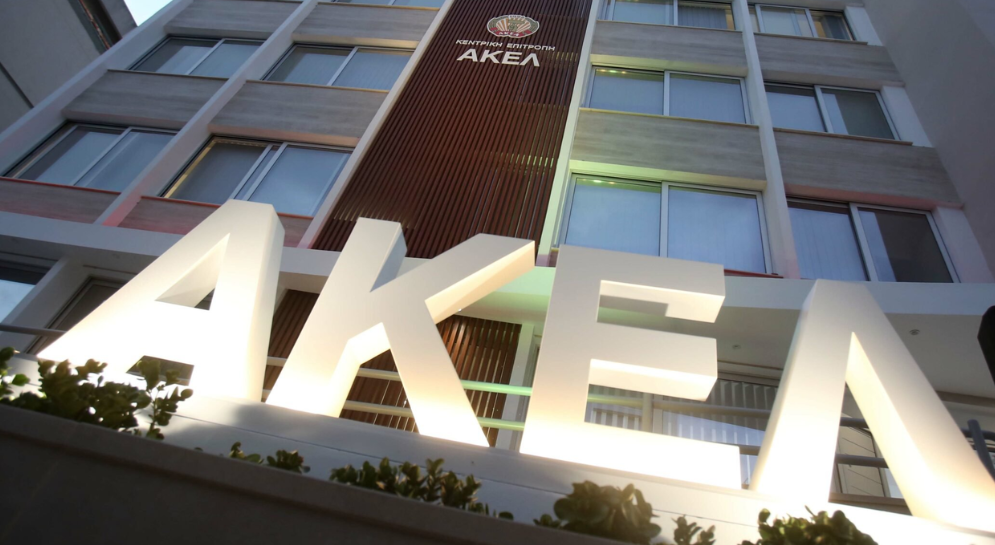
Statements by the General Secretary of AKEL Stefanos Stefanou after the meeting with a delegation from farmer’s organisations
18 October 2021, AKEL C.C. Press Office, Nicosia
Within the framework of a Party tour we are currently carrying out in the Larnaca district, we requested a meeting with farmer’s organisations. I must say with great pleasure that all the farmer’s organisations responded and we had the opportunity to have a very useful and constructive dialogue on the problems a very important sector of the Cyprus economy and our society is facing, namely the agricultural and livestock sector. A sector which, as I have said, is very important, but also faces many problems which need to be confronted.
It is no coincidence that we asked to have this meeting. First of all, we know that the farmers’ organisations have a very good cooperation between each other, raising issues to promote them and pushing for them to be resolved.
Secondly, we wanted to convey the message that AKEL is at their disposal to help promote and solve problems the agricultural and cattle raising sector face.
The third reason has to do with the peculiar conditions of the period we are going through.
There is a situation internationally which I would say is similar to a crisis in the food industry regarding raw materials. As you know Cyprus is greatly affected by this situation because it is very dependent. We are an isolated and semi-occupied island. Issues related to food sufficiency concern our country’s national security too. For that reason, all those measures must be taken so that various problems that arise can be dealt with effectively.
For example, there is now a problem with the price of grain/cereals, which affects production in Cyprus and this cost is subsequently passed on to the consumers, but at the same time there is also an issue with Cyprus’ grain reserves.
We said from the very beginning when discussing the Cyprus Grains Commission that the state must maintain the possibility to intervene with mechanisms to deal with crises and problems. This is what the state must do since the government chose to close down the Grain Commission. It must do so quickly and efficiently because these problems continue to exist.
We also want to promote the concept of a new agricultural policy that must addresses the numerous structural problems of Cyprus’ agricultural economy and a number of other issues that have to do with the specific conditions of the country, such as production costs, the issue of water, labour shortages and a number of other issues that are exacerbating the situation in the agricultural and cattle-breading sector.
We have agreed with the farmers’ organisations that we will continue to be in touch. We are at their disposal to promote the solution of various issues. I’d like to thank the farmers’ organisations for this very interesting and constructive meeting.
QUESTION: You had a meeting with the Mayor of Larnaca and a meeting will follow in the Pyla, the village where Greek Cypriots and Turkish Cypriots live together. Can you tell us something?
SS: Yes, we had a meeting today with the Mayor of Larnaca together with representatives of the various Municipal Council factions. Numerous issues of concern to Larnaca were raised. It is with great pleasure that we have noted that under the term of Mayor A. Vyras the agenda of the Municipality of Larnaca and the district in general has indeed changed. It has changed because numerous longstanding issues that were pending, such as the issue of moving the oil and petrol tanks, the comprehensive development of the port of Larnaca and the marina have taken the course of their solution. We had the opportunity to discuss other issues too that the Municipality has set as its priority for developing the city and district of Larnaca.
The issue of creating a public University Faculty has been raised very pressingly, something that the government had previously pledged, but now it appears that it has changed its mind and decision. We have declared that we will be in contact on this issue, as on other issues too. We agreed that we shall soon pay a second visit and have a second meeting to have more time to discuss these issues.
Next, we will go to Pyla which faces special and peculiar problems because of its status as a bicommunal village in the UN-administered buffer zone, with English bases, with special problems. We shall discuss with the community leaders how we tackle and solve problems which, admittedly, are important and prevent the further development of the community.




